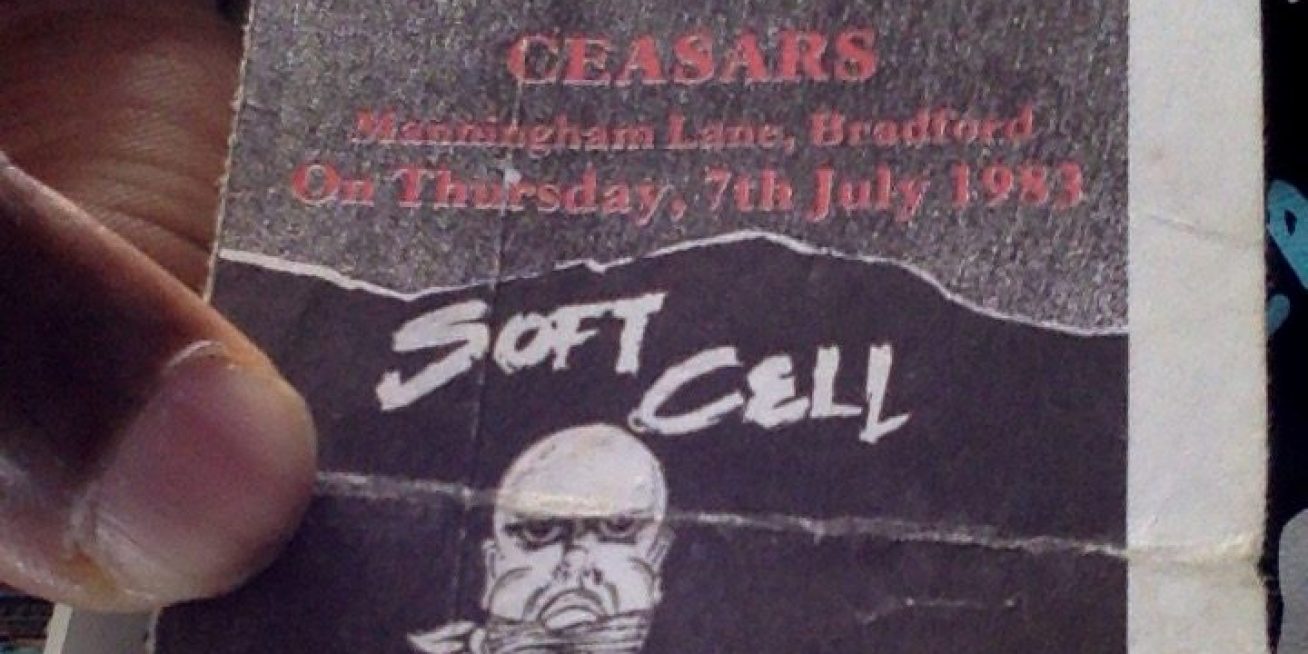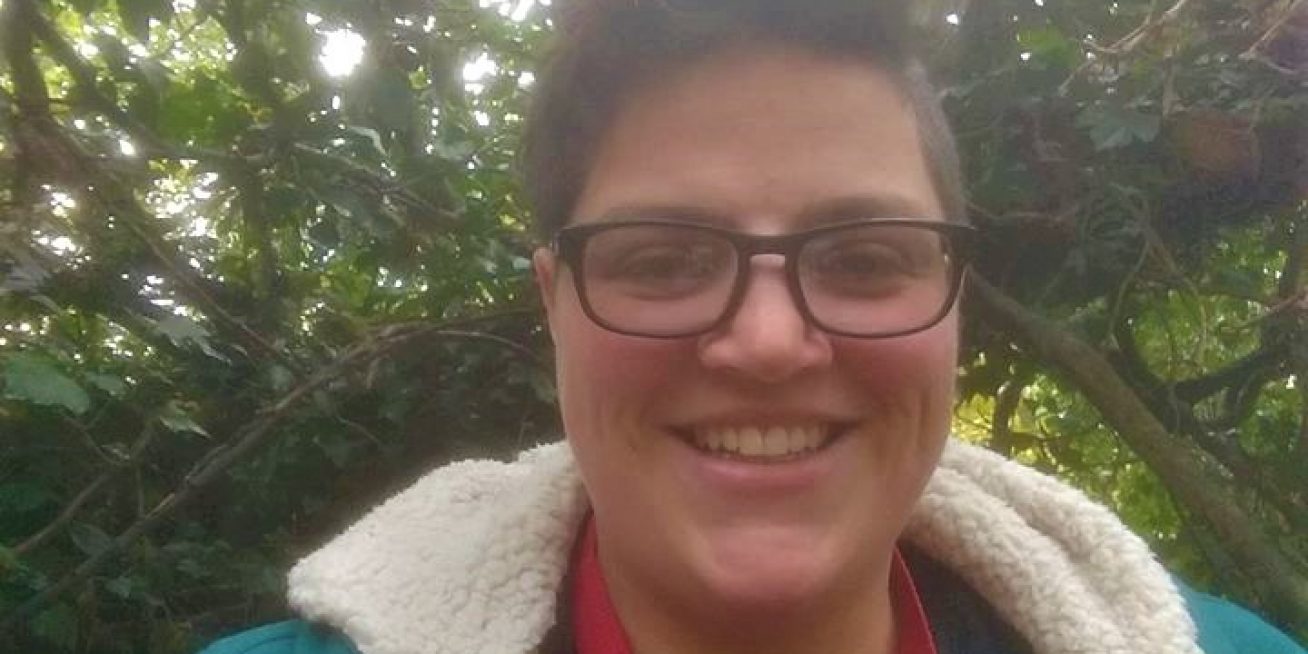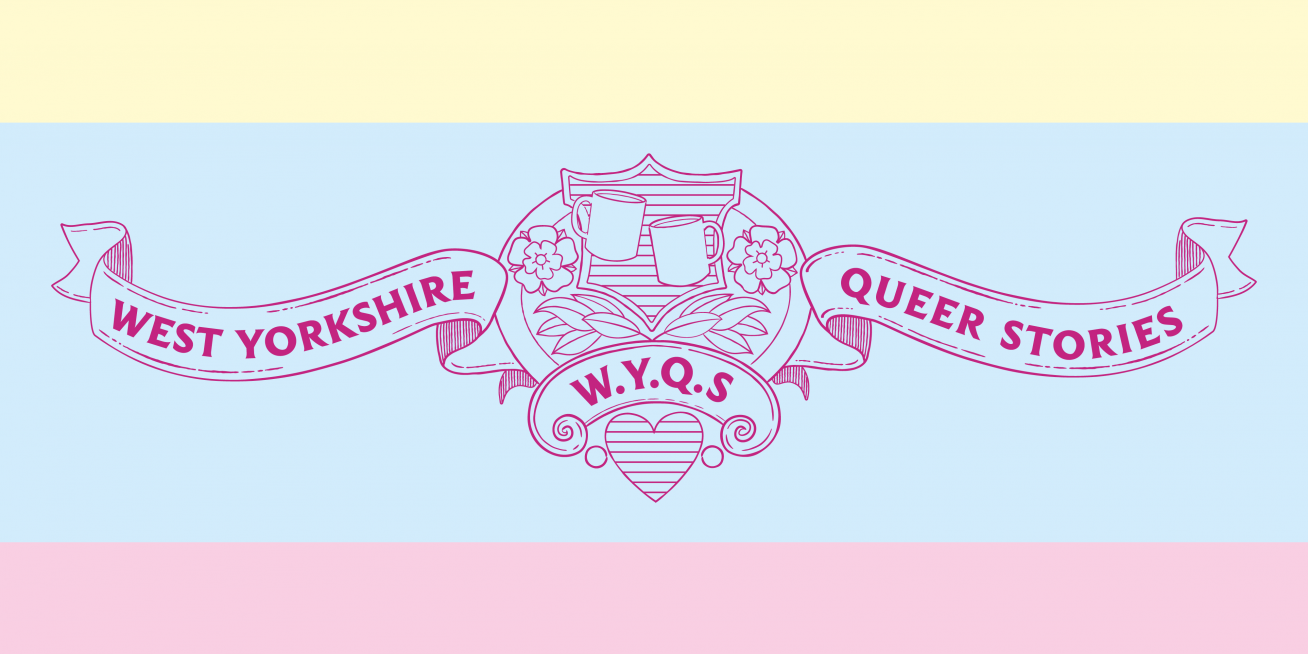Section 28 and teaching in a Catholic school
Gez describes how Section 28 impacted on his teaching in a Catholic school in the late 1980s.
TRANSCRIPT
GEZ: I mean the ‘80s was a very different time for all… well, for, for, society and, and in education, um [coughs] it wasn’t the pressure er, from the, from the Thatcher er government at the time. Now because you were in the Catholic system, we were voluntary aided as a school that means you’ve got, you’re state funded, but you’ve got a level of independence in terms of governors and the er, at that time, the curriculum, national curriculum, didn’t come in so you were restricted more, so it was more er, proscribed, prescribed and… [unclear] Section 28 I think did affect state schools much more than the Catholic system, ‘cause times were much more conservative with a small ‘c’ then anyway and er, and in erm, in the Catholic system, possibly more so.We had a fair amount of freedom within the department because we were fairly – I won’t say liberal but er… your class room is often, although you’ve got, you’re dealing with thirty or thirty-five children at a time, it’s a fairly… closed place so you’ve got freedom of movement, providing you’re um, y’know you’re not, not going completely out there politically or morally. But erm, so Section 28 didn’t have a direct impact because we were already dealing with some people’s sensitivities about moral issues whether that would be contraception, nuclear weapons um, er, and, and same-sex relationships. It wasn’t as big an issue then as it is now because the agenda’s moved on, and people are more accepting. But even when they weren’t more accepting it wasn’t as, an issue that people dealt with um, in their ordinary lives as far as most mainstream Catholics were concerned.
INTERVIEWER: So, did Section 28 not apply to um, Church schools?
GEZ: Oh [unclear] you mean in a legal sense?
INTERVIEWER: Yes
GEZ: Erm… I would say that it probably didn’t, but I could be wrong on that, certainly in practical terms there was no, there was no kind of diktat that came from on high erm, because in reality we probably weren’t doing that much different to what Section 28 actually was asking people or forcing people to do. In, but in real terms people still – kids ask questions, they set agendas so to say you can’t raise the subject of homosexuality, or you can’t ‘promote it’ I think was the phrase, erm, it’s a very kind of, very minor and erm, I’d say insular notion of what is promotion. Discussion of something is not promotion of it; discussion of something is educational er, and without discussion you’re not educating. So I always took that view that if children raised the subject – and it was actually on the GCSE as I recall – in a very small section, erm, then it’s a, it’s, it’s a denial of good education to, to not answer peoples’ questions or at least allow them to address their own questions.







